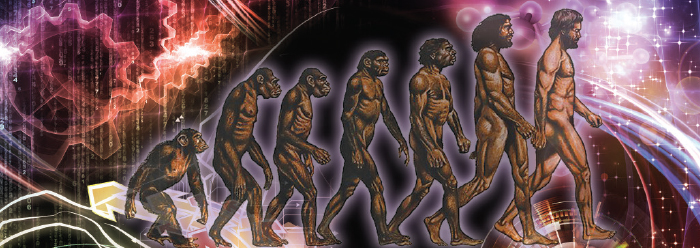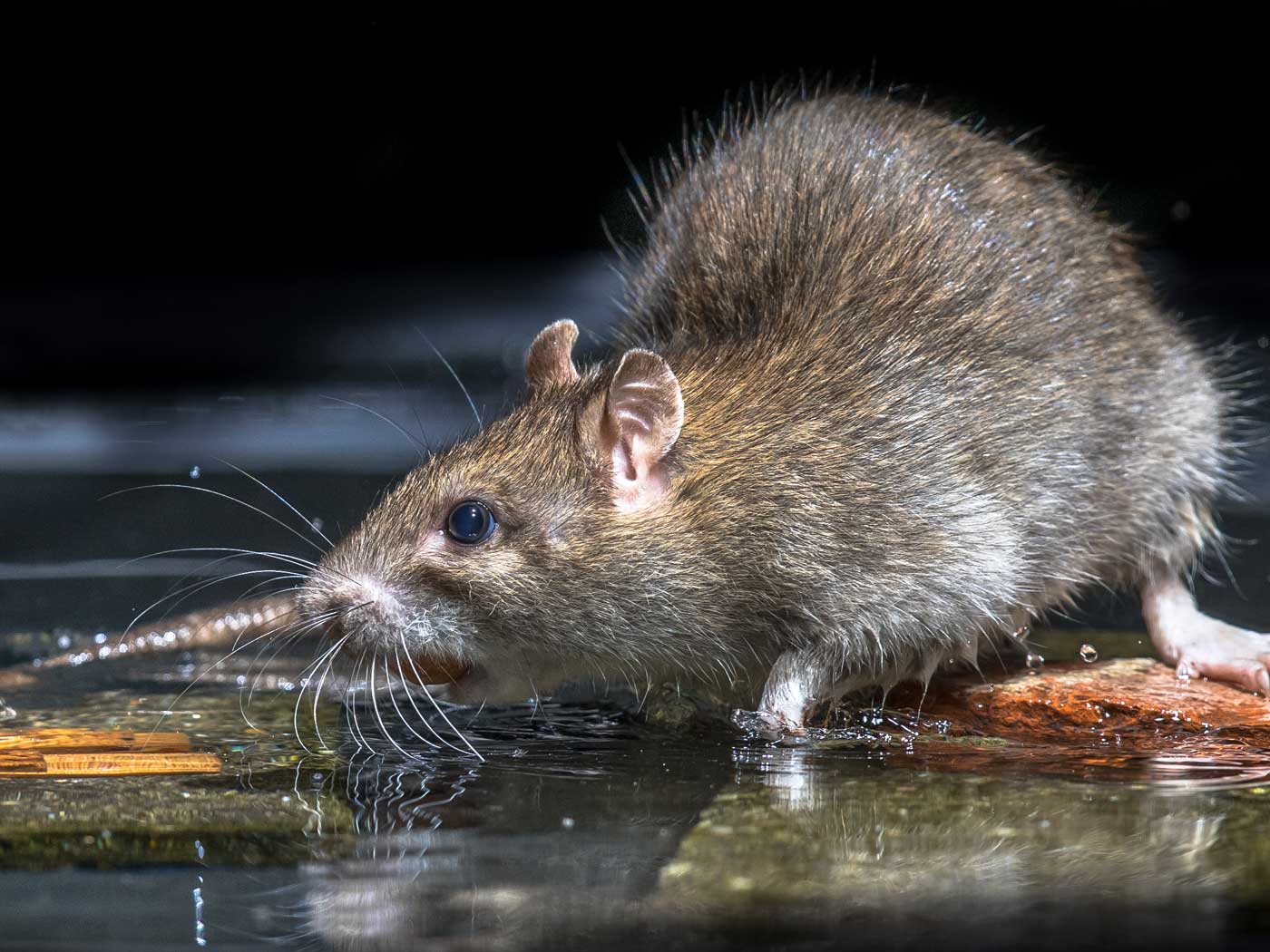Evolutionists assign millions of years to fossils, and even to genes in the DNA of living creatures, in an attempt to bolster evolutionary theory, which needs the magic of “deep time” to seem plausible. But the supposed ancient clocks they use for these age assignments rarely agree with each other. In other words, the DNA clocks rarely line up with the fossil clocks, despite the fact that both clocks are statistically calibrated by the same evolutionary assumptions.
While paleontologists have assigned ancient dates to fossils since the late 1800s, the idea of a molecular clock in biology wasn’t conceived until the early 1960s. This idea came about by comparing proteins between different types of animals combined with the alleged ages of animal evolution taken from the fossil record. Scientists hoped this strategy would lead to a unified evolutionary tree of life with accurate ancient evolutionary time points for the branches. Much to the disappointment of the evolutionary clock community, five decades of molecular clock research data have provided only contradictions and discrepancies.1 David Reich, a human evolutionary geneticist at Harvard Medical School, recently stated, “The fact that the clock is so uncertain is very problematic for us….It means that the dates we get out of genetics are really quite embarrassingly bad and uncertain.”2
Problems for evolutionary biological clocks exist at many levels. Various genes and/or DNA sequences give widely different evolutionary rates, not only when compared between different types of organisms, but even within a similar group of genes called a gene family in the genome of the same organism. Scientists use these rates to speculate about divergence dates (when one organism supposedly split off and formed another type of creature), but these widely different rates commonly disagree with dates derived from fossils in paleontology. Amazingly, these molecular data discrepancies exist despite the fact that biological sequence data are almost always calibrated by dates from fossils. Even though statistical tricks are used to manipulate the data toward a favorable matching outcome, the results almost always lead to conflicting evolutionary conclusions.
A recent fossil discovery in Patagonia places a glaring spotlight on this embarrassing clock problem.3 Extremely rare and delicate fossil remains of tomatillos (Mexican husk tomatoes)—a member of an economically important group of plants called nightshades that includes potatoes, peppers, tobacco, petunias, and tomatoes—has popped up in rock strata in Argentina alleged to be 52 million years old. For evolution, this early time period is long before the dates previously ascribed to these species of plants by both paleontologists and biologists. Furthermore, the fossil tomatillo fruits look exactly like those growing today, exhibiting no evolution over the alleged eons of time. Because evolutionary biologists have sequenced the genes from many different types of nightshades and come up with many ancient dates and supposed evolutionary relationships, these fossils are particularly disturbing and only serve to highlight the futility of evolutionary dating systems.
As noted in a previous Acts & Facts article, when biologists remove the biased evolutionary time calibrations from their molecular clocks, they almost always arrive at dates that correspond with a biblical creation timeframe of 6,000 to 10,000 years.4 But because bias-free empirical clocks don’t match up with the myth of Darwinian evolution, they are rejected out of hand. The empirical scientific facts support the Bible and not the failed opinions of man.
References
- Tomkins, J. P. and J. Bergman. 2015. Evolutionary molecular genetic clocks—a perpetual exercise in futility and failure. Journal of Creation. 29 (2): 26-35.
- Callaway, E. 2015. DNA clock proves tough to set. Nature. 519 (7542): 139-140.
- Wilf, P. et al. 2017. Eocene lantern fruits from Gondwanan Patagonia and the early origins of Solanaceae. Science. 355 (6320): 71-75.
- Tomkins, J. P. 2015. Genetic Clocks Verify Recent Creation. Acts & Facts. 44 (12): 9-11.
* Dr. Tomkins is Director of Life Sciences at the Institute for Creation Research and earned his Ph.D. in genetics from Clemson University.









